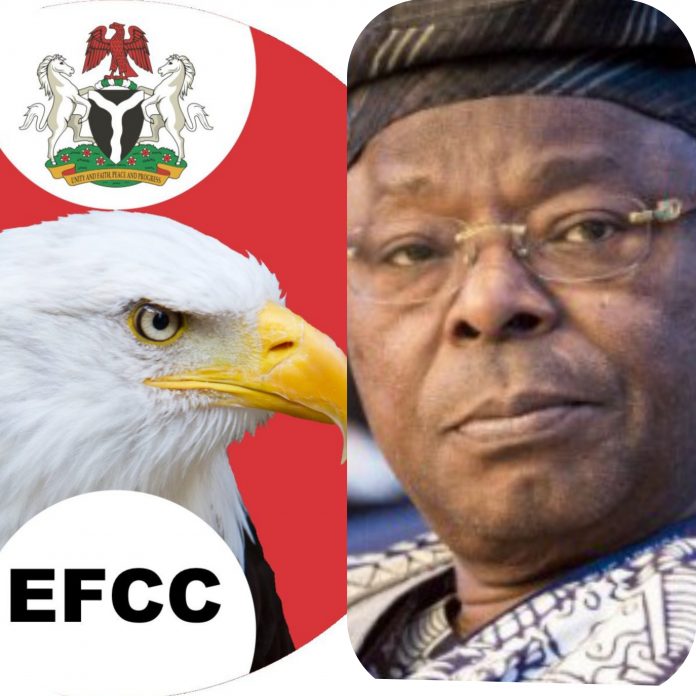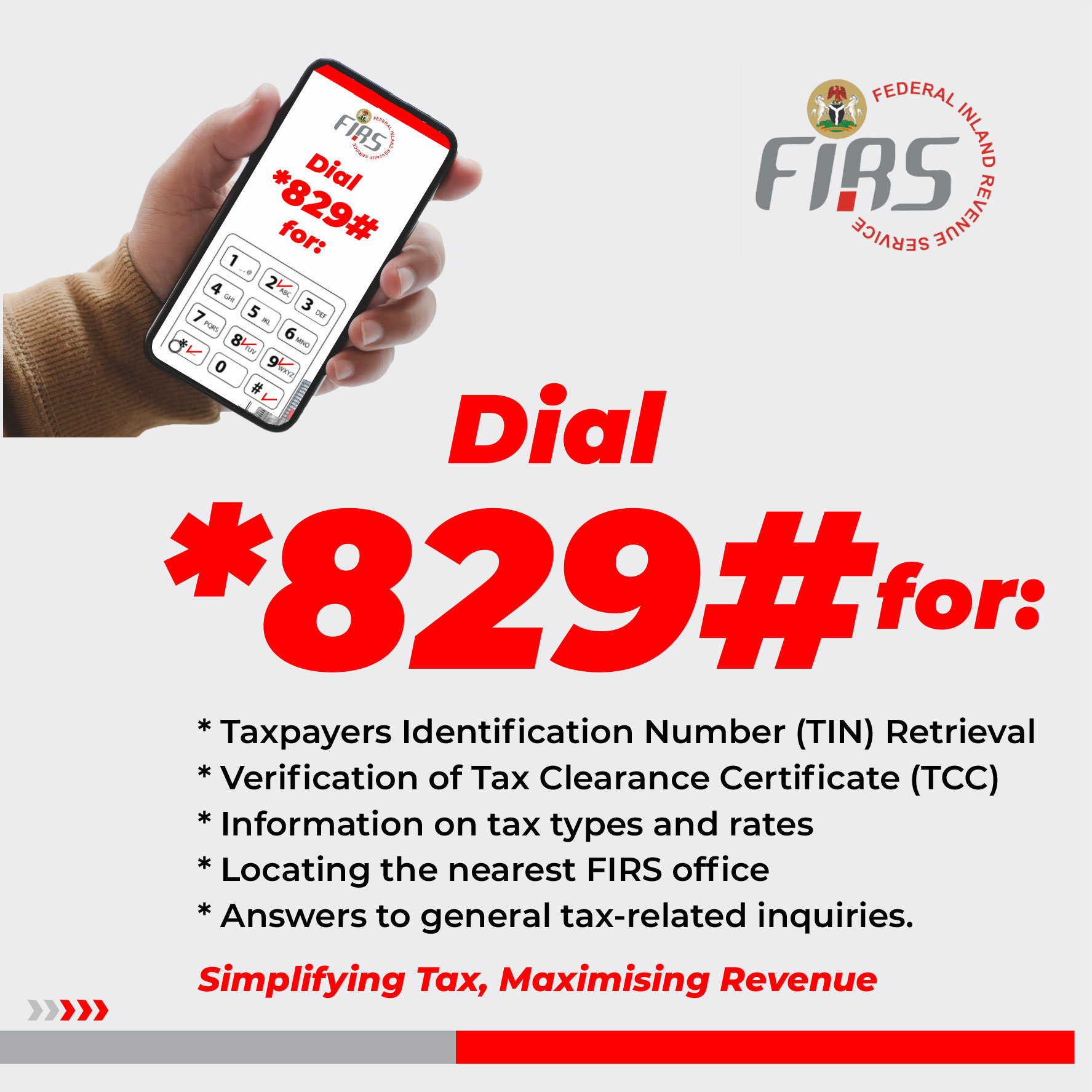13 February , 2025
Azeez Folorunso
Lagos
The Economic and Financial Crimes Commission, EFCC, has told the Federal Court in Lagos, today, that Oba Otudeko, the former chairman of First Bank Nigeria (FBN), must come out of his medical vacation in London to answer the alleged criminal charge hanging on his head.
The EFCC filed a 13-count charge against Otudeko, former First Bank Plc Managing Director Olabisi Onasanya, former Honeywell board member Soji Akintayo, and the company Anchorage Leisure Ltd. The case is marked FHC/L/20C/2025.
The defendants were alleged of obtaining N12.3billion from the First Bank of Nigeria (FBN) under false pretense.
The lead counsel to the EFCC Rotomi Oyedepo, SAN, said this during the multi billion naira alleged fraud pressed against the defendants by the EFCC, as he pointed to the court that during the proceedings that the arraignment should take precedence before any application is entertained by the court.
He cited the Court of Appeal’s decision in the case of Yahaya Bello and referenced section 396(2) of the Administration of Criminal Justice Act (ACJA) 2015, emphasizing that criminal proceedings must be regulated by the ACJA, which aims to address defects in the criminal justice system. Oyedepo insisted that the case should proceed to arraignment without further delay.
But, Woke Olanipekun, SAN, counsel to Otudeko, while dismissing the argument of the prosecution said that Otudeko had filed an application dated January 28, 2025, explaining his absence.
The application included an affidavit detailing Otudeko’s absence, stating that the Honeywell Group Chairman left Nigeria on January 16, 2025, for medical treatment in the United Kingdom and arrived at Heathrow Airport the same day.
Olanipekun emphasised that Otudeko left Nigeria legally and did not abscond to avoid trial, adding that Otudeko had traveled several days before the charge was filed. Counsel further stated that Otudeko’s travel documents would confirm his departure on January 16 and that he was unaware of the EFCC charges at the time of his departure.
Olanipekun further stated that the had served the defendant’s application to the prosecution, who had seven days to respond, but had yet to do so.
He argued, citing Barclays Bank vs. CBN, that the court must first decide whether it has jurisdiction before proceeding with the case.
He also raised a hypothetical scenario to demonstrate that a defendant could raise pleas, such as “autrefois acquit” (previously acquitted) or “autrefois convict” (previously convicted), before the arraignment could proceed.
Olanipekun further asserted that the case involved a fiduciary relationship in which full payment had already been made, with an agreement not to press charges.
He urged the court to schedule a hearing for the defense’s application, stressing that such motions should not be dismissed merely because they might be viewed as tedious by the prosecution.
Olanipekun also argued that it was crucial to avoid unnecessary delays and distractions. Citing judicial authorities such as FRN vs. Idahosa and Shema Ibrahim vs. FRN, he maintained that the court had previously dispensed with the defendant’s physical presence in court.
The third defense counsel, Mr. Ogunwumiju, argued that the court should first hear the defense’s objections before proceeding with the case.
He specifically requested the court to quash or decline jurisdiction over counts 1 to 10, citing abuse of judicial process and lack of prima facie evidence.
He also sought an order restraining the EFCC from arresting, detaining, or harassing the third defendant while the motion is pending.
Ogunwumiju argued that a civil banker-customer relationship should not be treated as a criminal charge, emphasizing that hearing the objections first would serve the interest of justice, as the defense would forfeit the right to object once the plea is taken.
The second defense counsel, Mr. Shashore, acting as amicus curiae (friend of the court), urged the court to consider the defense applications before proceeding with the arraignment.
He emphasized that it would be unfair to require the defendants to plead to a charge that might eventually be quashed.
The fourth defense counsel, Mr. Adedeji, argued, citing Nwadike vs. FRN, that court processes should not be used to oppress citizens.
He argued that the case at hand was based on a civil transaction and should not be treated as a criminal matter, further claiming that the prosecution was motivated by malice.
In his reply to their applications, Oyedepo argued that the defense counsel’s citations were out of context and irrelevant to the charges before the court.
He reiterated that the court had the jurisdiction to hear and determine the charges and urged the court to order the first defendant (Otudeko) to be present at the next hearing.
However, Olanipekun responded that the first defendant was under medical review and had been advised to remain in the UK until a comprehensive evaluation had been conducted.
He requested that the court adjourn the case for the hearing of the defense applications instead of issuing a summons for the defendant to appear.
After hearing arguments from all parties, Justice Chukwujekwu Aneke adjourned the case until March 17 for a ruling.


